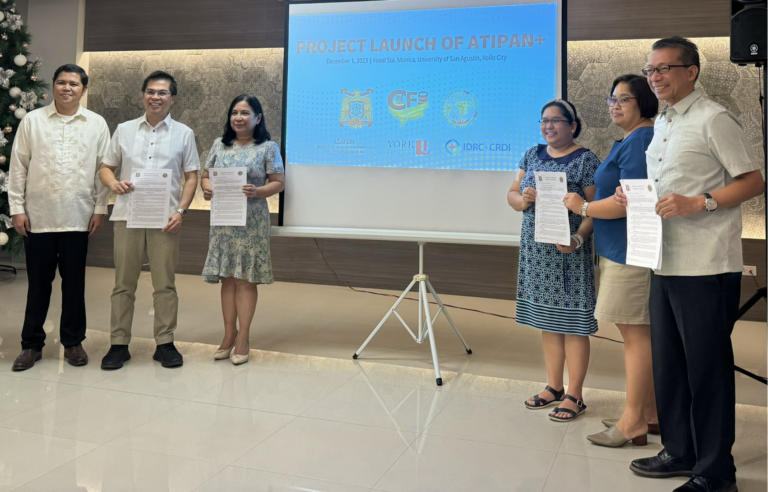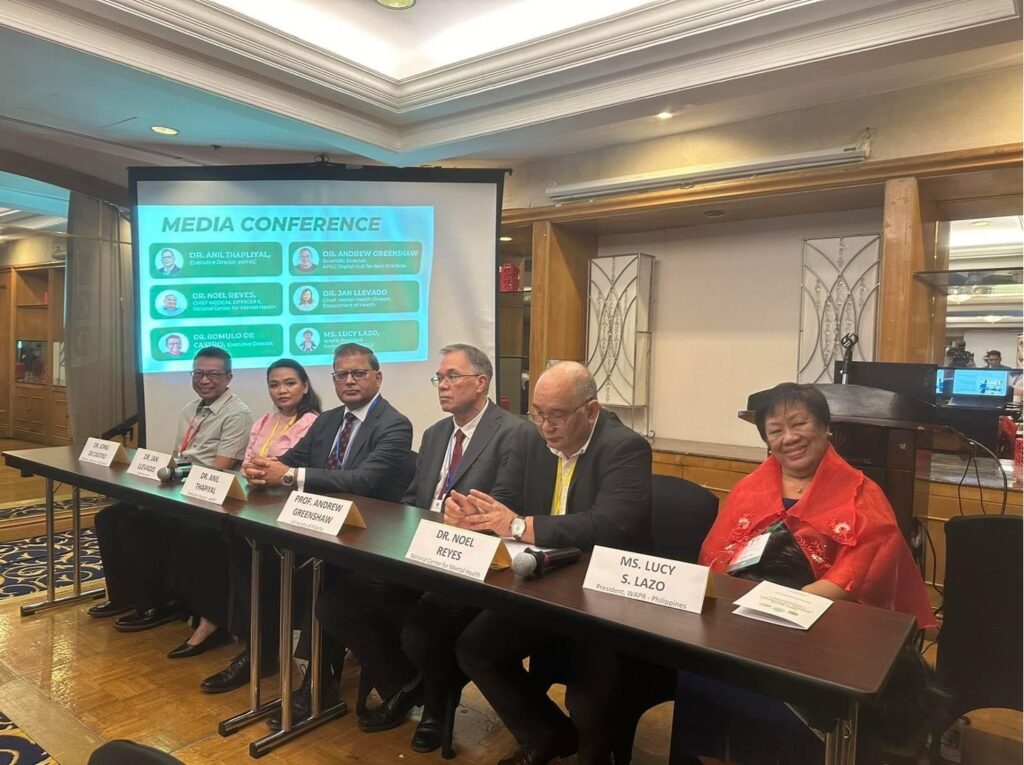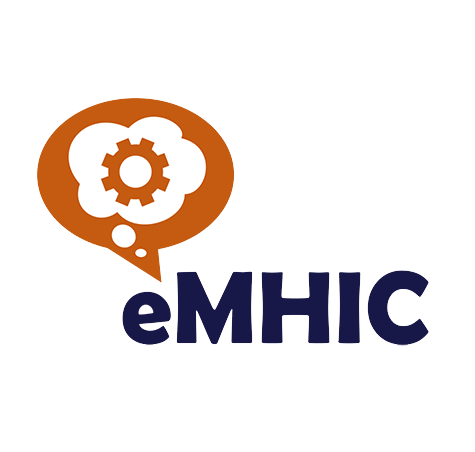What do Canada, New Zealand, the Philippines’ Department of Health (DOH), National Centre for Mental Health (NCMH), World Association of Psychosocial Rehabilitation (WAPR), Centre for Informatics (CFI), University of San Agustin (USA), and a world-famous fashion designer have in common? A strong desire to address mental health challenges on a local and global scale.
eMHIC’s Director, Anil Thapliyal served as the plenary keynote speaker at the 24th World Association of Psychosocial Rehabilitation (WAPR)’s Annual Conference in Manila, the Philippines. The conference centred around the Tripartite Collaboration between WAPR, the National Centre for Mental Health, Centre for Informatics at the University of San Agustin. Its theme was “Towards a Digitalized Philippine Mental Health Information System.” This gathering of digital mental health experts highlighted the fact that Mental Health knows no geopolitical boundary.
From the various community-facing events and conversations involving indigenous communities, the Department of Health, research institutions, mental health provider organisations, NGOs and community leaders it was evident that the Philippines is ready and has started innovative mental health initiatives both at macro and micro level. At the heart of these positive developments are highly committed visionary leaders, some of the finest people humanity has to offer.

Addressing the macro scale challenges faced by the Philippines—110 million people spread across 7,000 islands speaking over 400 languages—the stakeholders emphasised the inadequacy of conventional mental health service delivery approaches. The event showcased the inspiring, visionary, and humble individuals working to correct historical injustices and enhance mental health rights and welfare and saw the induction of Dr. Lucita Lazo, WAPR President, into eMHIC’s prestigious Global Leadership Council.
In the words of eMHIC Executive Director, Anil Thapliyal, “If we do not have mentally healthy communities, then how can we grow, prosper, and thrive as nations?” A collective resolve to adopt proven digital mental health best practices through international collaboration will help meet the growing demand for mental health services.






